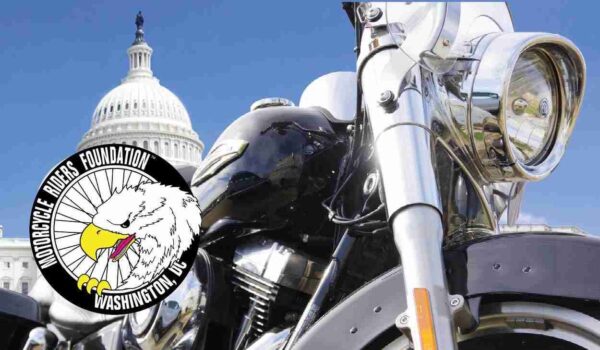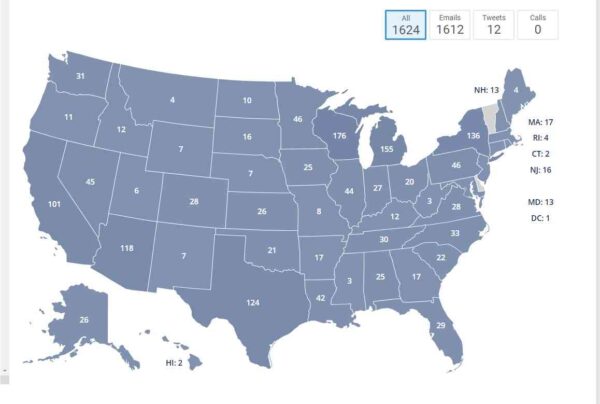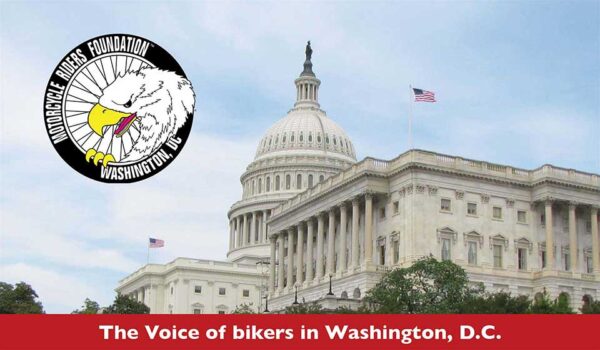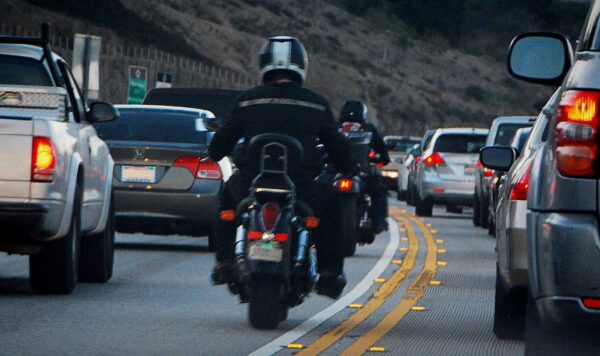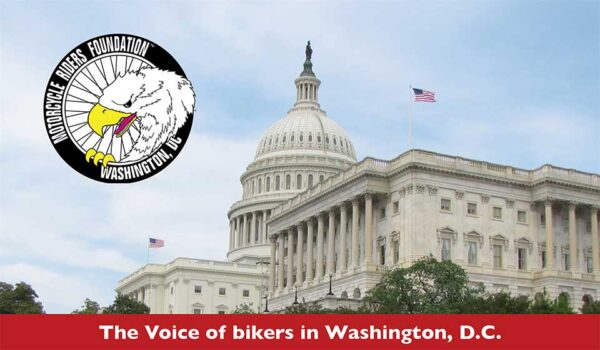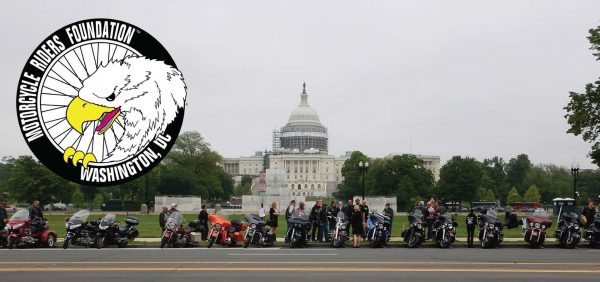House Passes Motorcyclist Profiling Resolution
December 23, 2022 House Passes Motorcyclist Profiling Resolution! In one of the final actions before the 117th Congress dissolved the House of Representatives passed, H. Res 366, the motorcyclist profiling resolution. The resolution, which was first introduced in 2016, failed to receive a vote on the House floor until today. In the six years since it was introduced motorcyclists have spent countless hours educating lawmakers and raising awareness on the issue of motorcyclist profiling. The 2016 version of the resolution had just 18 cosponsors, but that number grew to 103 this month. These 103 cosponsors represented a diverse set of political beliefs and geographic interests, but all were committed to supporting bikers. It has been a long journey to this point and many parties are responsible for this victory. Former Representative Reid Ribble of Wisconsin originally introduced the resolution and after his departure from Congress Representative Tim Walberg of Michigan picked up the baton. The Motorcycle Profiling Project provided important data that helped inform lawmakers about the extent of motorcyclist profiling. Motorcycle clubs and independent riders all invested time and resources in the battle on Capitol Hill. State motorcyclist rights organizations leveraged their relationships with home state lawmakers and increased cosponsor numbers dramatically. Most importantly all these groups remained committed and focused despite setbacks and disappointments. With this action, the House joins the Senate, which passed a similar resolution in 2018 standing against motorcyclist profiling and asking for collaboration between law enforcement and bikers to prevent profiling. Additionally, five states, Washington, Maryland, Louisiana, Idaho, and New Hampshire all have state laws against the profiling of bikers. The Motorcycle Riders Foundation hopes that this demonstration of support from the United States Congress will provide other states a foundation to enact legislation. To see a full version of H. Res 366 click […]
House Passes Motorcyclist Profiling Resolution Read More »

